The deans of Tokyo Tech's six Schools, the dean of the Institute for Liberal Arts (ILA), and the new director-general of the Institute of Innovative Research (IIR) share their messages for the 2018 academic year.
Kotaro Yamada
Dean of the School of Science
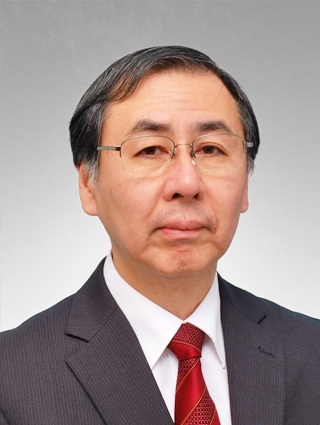
The natural human desire to discover the secrets and understand the mechanisms of the world have led to incredible progress in scientific research. With the passage of time, knowledge has grown to gargantuan amounts, and our understanding of this knowledge has grown more profound. The world in which our journey continues has become ever wider, as have the unknowns that we have yet to unveil. There is still so much we can and ought to do. Driven by our yearning to discover and understand, let us continue together in expanding the knowledge available to humankind.
Nobuyuki Iwatsuki
Dean of the School of Engineering
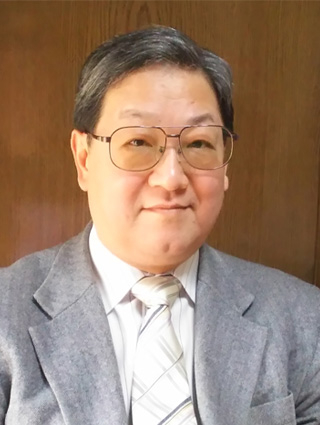
Engineering contributes to civilization, a framework for the happiness of humankind, by creating new technologies that make people's lives richer and more comfortable. Tokyo Tech's School of Engineering consists of five departments: Mechanical Engineering, Systems and Control Engineering, Electrical and Electronic Engineering, Information and Communications Engineering, and Industrial Engineering and Economics. Our students broadly learn scientific principles and industrial applications, and then experience the latest research works and international collaborations so as to play an active part in the world as creative experts. Faculty members deal with wide research fields and carry out various forms of collaborative research with industry. Trans-departmental research groups execute global and interdisciplinary research projects in order to contribute to the development of a more sustainable world. The School of Engineering strongly hopes to open up a bright future together with young students equipped with rich sensitivity and vitality.
Yuji Wada
Dean of the School of Materials and Chemical Technology
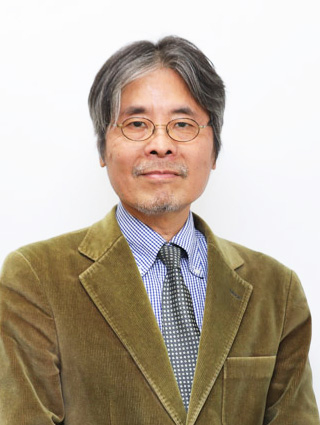
Materials can be considered on a molecular level or a slightly broader stratum that includes space and the cosmos. By the turn of the 20th century, humankind had entered an era of science and technology where many materials were chemically engineered, bringing us convenience and quality of life. This world has, however, always existed in parallel with the natural, non-manipulated world. In the material civilization of the future, chemically engineered creations will no longer be perceived as such, and ideally, will co-exist without interfering with the untouched world.
The School of Materials and Chemical Technology formulates principles and creates technologies that support the material civilization of the next generation. This includes the creation of methodologies that allow efficient organization and management data. To realize such a successful society, we must look ahead to ensure we are well prepared to walk into the future together.
Haruo Yokota
Dean of the School of Computing
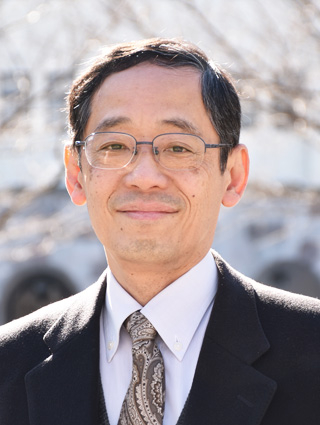
Modern computation connects people, contributes to the evolution of science and technology, and enriches society and life by introducing intellectual knowledge into various entities. It has become an indispensable component of social infrastructure, and expectations regarding its potential continue to progress.
Tokyo Tech's School of Computing, made up of the Department of Mathematical and Computing Science and the Department of Computer Science, continues to explore the endless potential of computation, and aims to uncover theories and technologies that advance the field in a safe, efficient, intellectual manner. We invite everyone to join us in creating new developments and realizing the computational innovations of the future.
Hisakazu Mihara
Dean of the School of Life Science and Technology
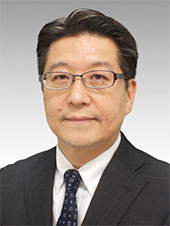
The School of Life Science and Technology provides students with fundamental knowledge in the fields of science and engineering, focusing on life sciences and technology. Students develop problem-solving abilities and an ethical outlook that contribute to the progress of the discipline. Cutting-edge research is performed not only in science and engineering but also in a wide range of fields such as medicine, pharmacology, and agriculture. The goal of the School of Life Science and Technology is the education of scientists and technical experts capable of becoming leaders in the global society through diverse, advanced education and research.
Norihiro Nakai
Dean of the School of Environment and Society
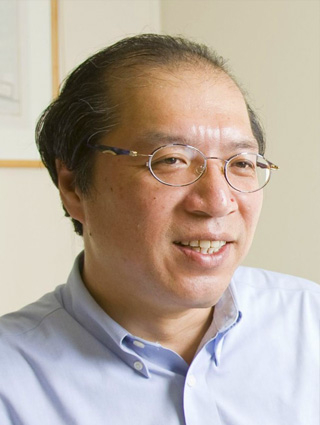
The School of Environment and Society pursues academic and technological excellence not only in the construction of individual buildings, but also in the creation of sustainable environments on regional, national, and global scales. Contemporary issues relating to our environment, be it preparedness for large-scale natural disasters, the preservation of biodiversity, or a balance between the global economy and local historical and cultural traditions, cannot be achieved through expertise in one single discipline. Collaborative action across traditional borders is crucial.
The School's five departments — Architecture and Building Engineering, Civil and Environmental Engineering, Transdisciplinary Science and Engineering, Social and Human Science, Innovation Science — and the professional master's degree program in Technology and Innovation Management utilize hard and soft technologies, technical ingenuity and creative action, and a wide range of interdisciplinary academic fields to address a variety of problems confronting the world. We hope to contribute to the sustainable development of humankind and society, together with young students full of vigor and vision.
Noriyuki Ueda
Dean of the Institute for Liberal Arts
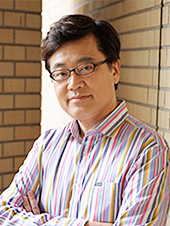
Tokyo Tech is known for attaching a high value to liberal arts education. Its wedge-shaped education method has long provided undergraduate students with liberal arts courses running parallel to specialized courses throughout all four years of the bachelor's program. In keeping with this tradition, the ILA began offering unique, groundbreaking liberal arts courses in April 2016.
The liberal arts curriculum extends right through into the doctoral program. While gaining knowledge of the wider world, examining possibilities of the self, and inspiring each other through discussions and projects in small groups throughout their studies, students strengthen their ability to question, feel, think, speak, and act independently. Starting with the Tokyo Tech Visionary Project soon after admission to an undergraduate major, students move on to various more advanced courses but meet again in the latter stages of study to take on the Liberal Arts Final Report. The students are guided by master's students who have moved on from the Leadership Workshop to Peer Practicum and Advanced Leadership Workshop, acting as peer reviewers and generating cross-year exchanges in the classroom.
In the past, students tended to select liberal arts courses with the minimum requirements for credits. Is it really possible for those who acquire such an education to become real world leaders and create a better society? Tokyo Tech's liberal arts education is different. From the very beginning of their studies, each student starts on his or her individual learning path. This new system, which has already created plenty of buzz, provides an exciting journey that eventually leads to students realizing their aspirations and creating a new world.
Tokyo Tech's liberal arts education provides an aura of learning that attracts people, ignites their curiosity, and vitalizes their spirit. Students are encouraged to discuss global issues and the depth of humanity in the classroom, cafeteria, or anywhere on campus, and create opportunities to recognize new possibilities for one's self and society. Through liberal arts education, individuals can open the door to their future and make significant contributions to society.
The ILA's ongoing mission is to develop true leaders who will lead 21st century society.
Fumio Koyama
Director-General of the Institute of Innovative Research
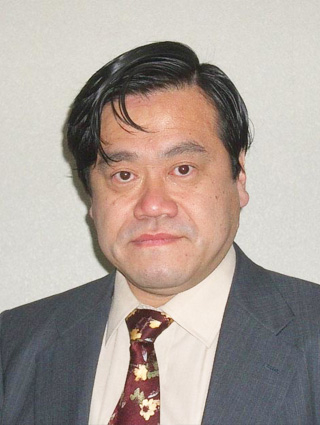
Since its inception in 2016, the Institute of Innovative Research (IIR) has conducted various activities to advance its mission of creating new research fields, promoting interdisciplinary research, formulating solutions for pressing societal problems, strengthening collaboration with industry, and developing industrial infrastructures. Expectations are high regarding IIR's contributions to societal and industrial innovation through the creation of new value from scientific and technological knowledge and the development of young scientists and engineers who will lead academia and industry in the future. The roughly 200 researchers who make up the research laboratories, centers, and units on both Suzukakedai and Ookayama Campus carry out pioneering research in a wide range of fields including life science, materials, energy, information technology, machinery, and disaster prevention. While these talents enjoy the intellectual space to engage in creative, divergent thinking, all components of IIR collaborate organically to create new knowledge and maximize their collective impact on society.
. Any information published on this site will be valid in relation to Science Tokyo.











